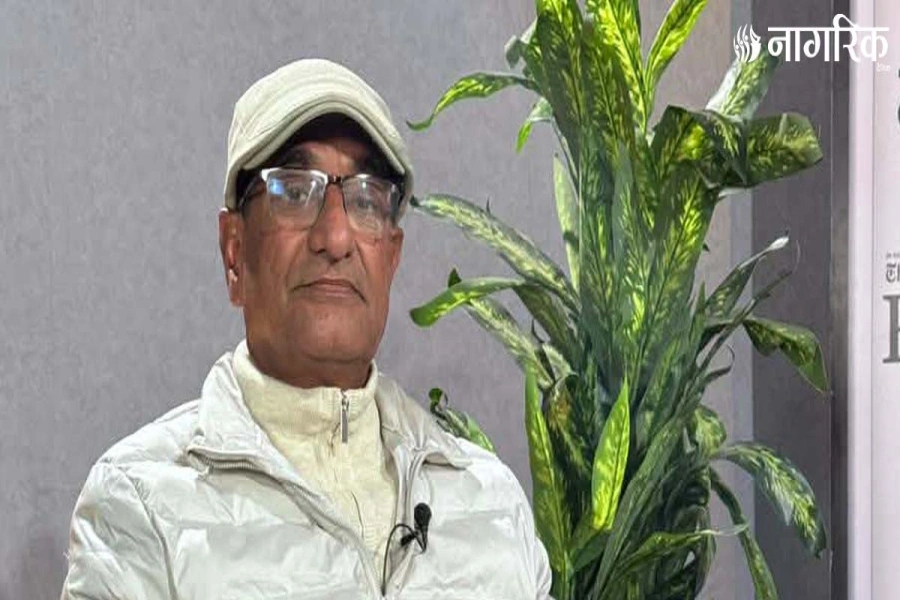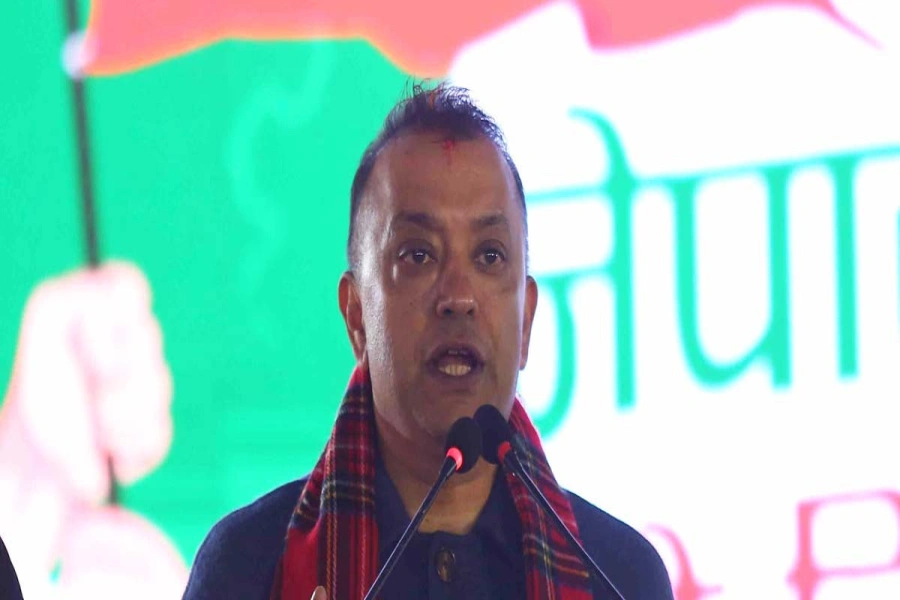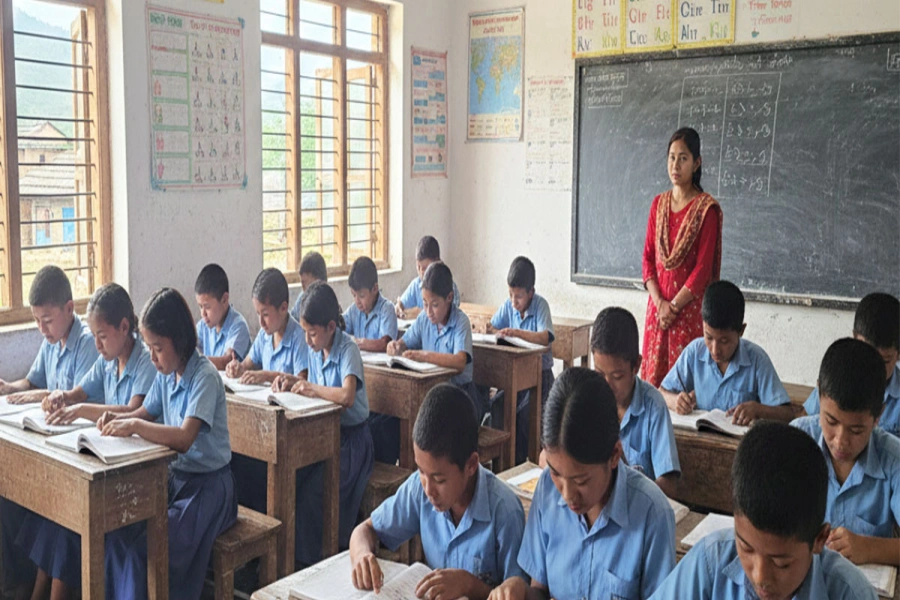It’s that time of the year again. Dashain is in the air and so are all of the season’s accompaniments – a general sense of anticipation and indolence among the working populace, a chilly bite in the air during the morning and evenings, people going about planning their travels and shopping duties and last, but certainly not the least, our government agencies conducting their annual market monitoring farce. Yes, ladies and gentleman, this is the time when assorted government agencies will go about making a song and dance of the monitoring process without actually doing anything about black marketing, overpricing, substandard food, adulteration or anything for that matter.
So, while some of the season’s harbingers described above may be missing on any given year, you can be sure that market monitoring will be conducted without fail like clockwork every single Dashain (and Tihar). Over the years, it has come to be ritualized as an integral part of this festival so much so that you don’t really feel that Dashain has arrived, if our government people do not carry out some perfunctory monitoring and our newspapers and channels don’t go hysterical reporting it.
On the face of it, the motivation for these annual charades seems pretty straightforward – a sense of duty towards the common folk and no small amount of guilt at having done nothing for the rest of the year. You really wouldn’t know that some of these departments and divisions that you hear of in the news even existed during the rest of the year – for example the Department of Commerce, Supply & Protection of Consumers.
Nepal’s LDC Graduation – The Clock Is Ticking

To be fair, it’s not just this market monitoring that our agencies carry out because all of our administration’s other monitoring hormones also seem to kick in around a month before Dashain. You will have increased traffic police checks (another sure shot sign that Dashain is approaching) and perhaps more scrutiny at border areas for ‘revenue leakages’ and tax avoidance.
In all these cases, almost inevitably, the official language used to describe these seasonal exercises is a ‘step up’ of monitoring exercises, which would imply that they were conducting market monitoring exercises all year round. With the exception of our persistent policemen and women, it’s hard to think of any another department who carry out their duties all year round and only ‘step up’ their monitoring during Dashain.
Sure, the Department of Commerce, Supply & Protection of Consumers and others responsible for market monitoring will, for official justification, maintain a register or compilation of reports on the monitoring activities or actions on complaints, but what really comes of all of these exercises? An educated guess would be – not much.
On the other side of the coin, the consumers that these agencies purport to protect have, over the years through trial and error, absorbed knowledge, word of mouth, bitter experience and hometown references, developed their own monitoring mechanisms for self-preservation. We have got so used to people trying to fleece and swindle us that we will almost always adopt a skeptical bent of mind when shopping around for daily essentials and other things.
We will also take extraordinary precautions to make sure we get, at the very least, the best among the worst. Some of us will fill petrol only in certain petrol stations, buy meat only from certain vendors, get our rice, dal, oil and other rations from our mother’s brother’s friend’s farm in the Tarai. ‘Tried and trusted’ is more than just a slogan in our country; it is a maxim to live by. Our overall lack of trust also perhaps explains why we, in general, need to grope, fondle and prod almost everything before we buy it. Add all of these insecurities together and sometimes, it does feel like the Latin phrase ‘caveat emptor’ (let the buyer beware) was coined specifically for Nepal.
It is perfectly normal to assume that given all the safeguards we have in place while procuring our daily essentials, market monitoring is not really a necessity. Unfortunately, it is necessary for it’s role in acting as a deterrent for would be swindlers but, in it’s current avatar, it is far from effective in either acting as one or helping to maintain quality in the goods available for sale.
To effectively monitor individual shops and businesses at retail level requires a huge workforce and even then the results would be questionable. Nothing really happens when one or two shops are sealed at a time, does it? What is required is better monitoring and enforcement higher up the business chain, where problems of quality can be more practically identified and tackled. But that doesn’t look like commencing anytime soon. So, until then, we just have to get used to seeing this charade being played out every Dashain and Tihar.
The writer loves traveling, writing, and good food when he is afforded an escape from the rat race. He can be contacted at gunjan.u@gmail.com







































